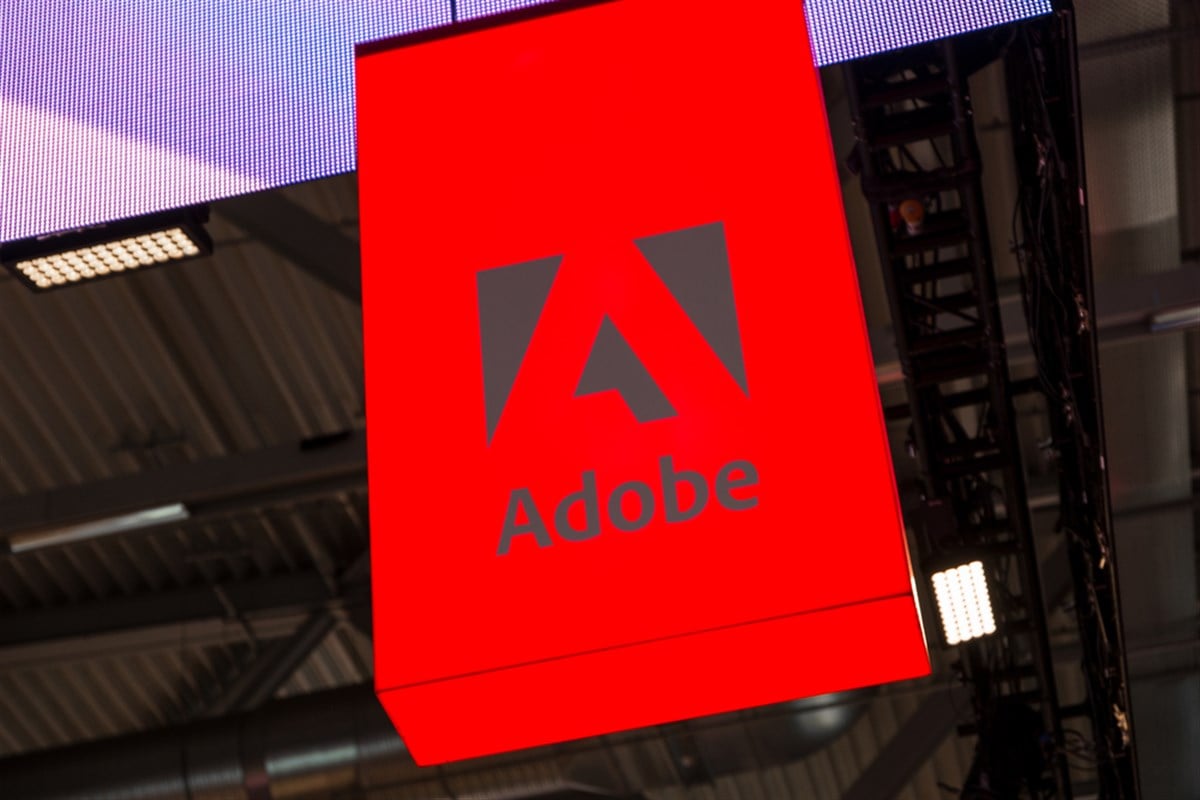
When investors consider the main ways to get their money back from an investment and a reasonable return on that initial investment, the average retail investor thinks of two main approaches. First is the classic ‘buy low and sell high’ approach, which means someone sold stock at a profit and created a taxable event for those capital gains.
The second way investors tend to get paid is through dividends, which are taxed once received. Investors should be wary of the inefficiencies of dividend stock investing for reasons that will become clear in just a bit. A third - very well-hidden - way to compound an investment in the stock market is by picking companies that, well, compound their value.
Management teams do this by buying back stock, a tax-efficient way to reward patient shareholders. Before investors dig into the nuances of how stock buybacks benefit them, they should keep in mind that it is names like Adobe Inc. (NASDAQ: ADBE), Marathon Petroleum Co. (NYSE: MPC), and even FedEx Co. (NYSE: FDX) that have announced increases in their buyback programs, picked up by this scanner.
Why Stock Buybacks Are the Most Efficient Return Strategy
When a company generates free cash flow (operating cash flow minus capital expenditures), it can use this financial metric to do a few things, including paying dividends. However, some companies with negative cash flow still pay dividends, as they take on debt to do this atrocity.
Walgreens Boots Alliance Inc. (NASDAQ: WBA) is one example, offering an over 8% annual dividend financed through debt. This free cash flow is a proxy for income, so the government taxes it first. When investors receive a dividend (funded by free cash flow), they are taxed individually, creating double taxation inefficiency.
Since stock buybacks are investments made back into the company, they cannot be taxed (again). Hence, investors can keep a larger share of an ideally growing pie. Here’s why management is buying back stock in these mentioned companies.
Management Doubles Down on Adobe Stock's Bright Future
Since Adobe’s financials show the company generated roughly $1.6 billion in operating cash flow minus $47 million in capital expenditures, investors can see where buybacks can be funded. In this case, from over $1.5 billion in free cash flow.
Recent stock buyback announcements show Adobe’s program at $25 billion, or approximately 10.8% of all outstanding shares today. Buying back that much of the total share float should never be taken lightly, and Wall Street analyst forecasts reflect this.
Earnings per share (EPS) forecasts for Adobe stock stand at 13.3% growth in the next 12 months, which would seem conservative considering the company delivered over 27% growth in the past quarterly earnings results. More than that, price targets show how analysts really feel about the stock.
Those at Piper Sandler saw it fit to place a $ 700-a-share valuation on Adobe stock. Considering that these ratings were placed in January 2024, the potential upside of 26% is as valid today as it was back then.
The Buffett Effect Fuels Oil Stocks: Marathon Petroleum Joins the Rally
After a nine-day buying streak in shares of Occidental Petroleum Co. (NYSE: OXY), Warren Buffett let the market know where he stands regarding the energy sector. Marathon Petroleum management is joining this potential move higher in the industry. Announcing a $5 billion buyback program would essentially target as many as 7.8% of the stock's outstanding shares.
Once again, investors can review Wall Street forecasts to verify whether this is the right move today.
Analysts could be mistaken in their projections for an EPS decline of 12.5%, considering that those at Goldman Sachs want to see oil at up to $100 a barrel this year alone, boosting Marathon's profits in the process.
Wells Fargo analysts want to see Marathon Petroleum as high as $223 a share, daring it to rally by 28.5% from where it trades today. This would give investors another bullish factor to lean on.
Short Sellers Retreat: FedEx's $5 Billion Buyback Changes the Game
Who would’ve thought a company so ‘boring’ as FedEx could cause such a significant sentiment change amongst traders? Over the past month, FedEx stock’s short interest collapsed by over 15%, showing that bearish traders wanted to avoid what could be in store for the company’s future.
Knowing that potential interest rate cuts set by the Federal Reserve (the Fed) this year could spur business activity in transportation stocks, management saw it fit to place a $5 billion buyback program for the company, looking to take back roughly 7.6% of the total shares.
Analysts at Goldman Sachs think the stock is worth more like $333 a share, a price target that stands 11% higher than where the stock trades today.
Following this confident move from management, those at Price T Rowe Associates decided to boost their stake in the stock by 8.4% as of May 2024, bringing their net investment up to $306 million today.